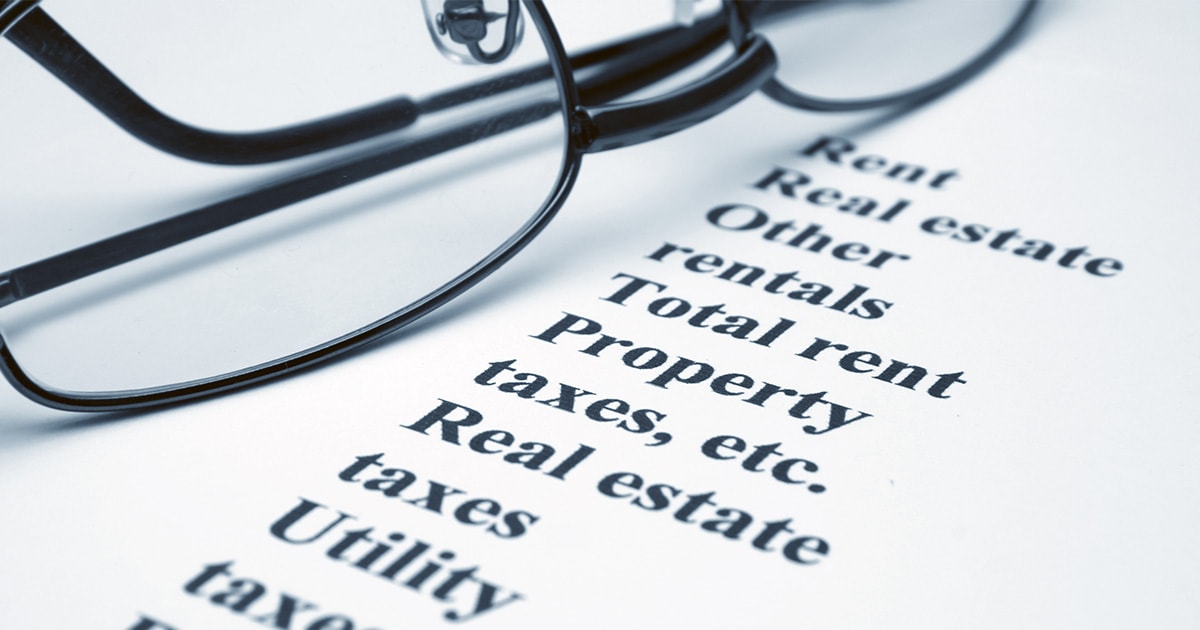Finding an apartment in any big city in America is going to be more difficult than you realize. The problem isn't that there are only a few available, it's instead that there are so very many that you won't know how to filter down and pick one that you actually like. You'll become overwhelmed with tiny “one-bedroom” apartments that smell funny, but there is a light at the end of the tunnel!
The first thing to know is that due to the cost of rentals in big cities (and the requirement for credit, see below), many new visitors to the US will sublet an apartment.
What is a sublet?
This was a term that was relatively new to me (as someone coming from a smaller city) so I thought I'd start at the fundamentals.
Subletting means that you take a sub-element of a fully rented apartment (normally a single room) and you will have a shorter term sub-lease that constantly renews (e.g. every month, instead of committing for a whole year). This saves money in the short-term but means that you have some time to really find your feet and pick the area you'd like to live in.
In most cases this will include sharing facilities (bathroom, kitchen, and living areas) while having your own private space (your bedroom).
Subletting is a great option to start and one thing you should always remember is that in most big cities like New York, you still have similar rights to a regular lease tenant and it is a formal agreement between you, the head leaseholder, and the landlord.
Rental Scams in America you should watch out for
It sucks that I have to write this but it is really important. Scams, especially in real estate, are everywhere in New York City. They'll come in different forms, and sound almost completely legitimate but will pivot around you sending money first and asking questions later.
A few things to think keep in mind:
- Never send money without having some form of ability to check into the person and the location. In many cases, the location won't exist or the person won't, or both.
- Never trust a check repayment. If the deal somehow involves receiving a check back, you're in for trouble (even cashier checks). In many cases, you'll bank it perfectly, then two weeks later it will be deducted from your account.
Obviously, this makes things difficult, but if you can find someone on the ground that you trust, or if you can use a third party, you should be ok.
Here's my article about how to sign a lease without getting swindled.
Know your budget (and what you can afford) for an apartment
Prices in the US are generally listed per month and in many cases include utilities like heat, electricity, gas, and possibly internet access (for sublets).
In general, with sublets, you do not hold any negotiating power, so prices that you see are going to be firm and with the competition, you will be expected to jump on it immediately if you like it.
Know what you can afford, know what terms you require, and say “Yes” on the spot if it fits.
For a sub-let, there will not normally be a credit check, which is great for new arrivals. If you are looking to rent a whole apartment in big cities then you are going to have to earn 40x the monthly rent as a rule of thumb (i.e. If the rent is $4,000 per month, you need to be earning $160,000 per year to be admitted). If you don't earn that, then you need to have a guarantor that earns 80x the monthly rent (i.e. $320,000).
Outrageous. I know.
There are exceptions to this, and if you need to, you or your broker can help with this process by explaining a bigger picture of your financial situation and stability.
Know your rights as a tenant
In New York, and in many US states, you have a lot of rights as a tenant. Be sure to search for an official website so that you know what you can request and expect. These include things like:
- Defining the exact amount of notice required before a visit from the landlord;
- A definitive list of what is (and is not) included in your lease;
- If and when you are required to have heating (or cooling) as legally required in your apartment.
For New Yorkers, I've also written a long article about your rights as a tenant, when you can break a lease, and what you should know about being a renter.
Preparing a rental agreement
Before you get into a lease, Brian Truong of advo has written a fantastic article “Signing a new lease without getting SWINDLED. — A checklist guide to signing your first apartment.“. It's well worth the read with information detailing what questions to ask and some do's and don'ts about signing a new lease!
In many sub-lease arrangements, there won't be an official agreement in writing between you and your “landlord”. That being said, most won't mind if you prepare something for them to sign.
This document helps you when it comes to starting up bank accounts, getting ID, and getting your social security number.
Most importantly your sub-lease agreement should include:
- Your full name;
- The rental address (Number, Street Name, Apt Number)
- The full name of the landlord;
- The landlord's address;
- The landlord's phone number (in many cases, they will be called to confirm you actually live there).
I generated one using a form generating website, Law Depot, but any will work.
What's expected of you?
Be respectful to your neighbors. This sounds like a simple one but it's something you should actively try to do every day. Most importantly: Be mindful of smells and sounds.
Getting home late at night in New York might be fun for you, but being woken up by someone stumbling upstairs singing showtunes is less fun for those around you.
Similarly, if you're cooking lots or regularly use strong-smelling scents: Be sure that it's ventilated properly and not affecting those around you.
Give a little, get a lot back!
In addition to being a great tenant and not putting holes in the walls, did you know that you're supposed to tip the doorman of your building (and your super, and anyone else involved) every year?
Here's my guide on how much to tip the people in your building!
Moving apartment and moving Companies
This is such a huge topic that I actually wrote a whole article just about how to move, and the moving companies I recommend!
One thing to note that is really important too is that if you move address and you're on a visa, not only do you have to notify the DMV but you also have to notify USCIS. It's VERY IMPORTANT for your staying in this country legally!
Recommended Rental & House Buying Brokers in the US
There is no one-size-fits-all answer when it comes to buying or renting a home, as what works best for one person may not be suitable for another. Consulting with a financial advisor or real estate professional can also be valuable in helping you navigate this important decision so we found some good ones!
Looking in New York? Rob Schlederer ([email protected]) can help you find the perfect property, rentals, short or long term, furnished or unfurnished, or if you are ready to make the big buying plunge he's definitely the one to speak with. Rob has years of experience renting and selling Manhattan and Brooklyn real estate, mostly to foreign nationals, and is also an Aussie!
Looking in California? Jonathan Williams, originally from Melbourne Australia, is a seasoned professional in the US real estate game. With a familiar Aussie style and accent, he can help you find the perfect home in California or even help navigate that complex commercial deal.
Looking in Austin? Whether assisting renters, home-buyers, or anyone in between, Bill Frost and the Mike Seder Group in Austin are dedicated to helping you achieve your real estate goals with confidence, success, and integrity. With a wealth of industry experience, Bill offers market expertise and a personalized experience to individuals seeking to buy or sell homes in the Austin area..
Our trusted partners understand the difficulties in moving to a new country and will go above and beyond to help find you the perfect place. So if you are ready to get going with finding your new home please complete the form below with a few simple details and they will be in touch. Note that this is a personalized service and you will only be contacted by the broker in your area – no spam from multiple brokers!
Other states – While our partners specialize in their states, they have reputable colleagues that they can connect you with all over the States so please complete the form, choose your state, and someone will be in touch to help.





